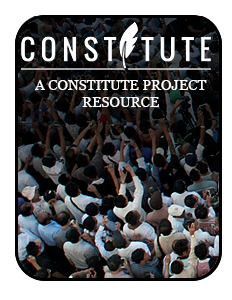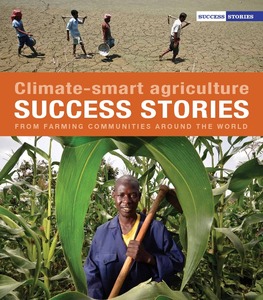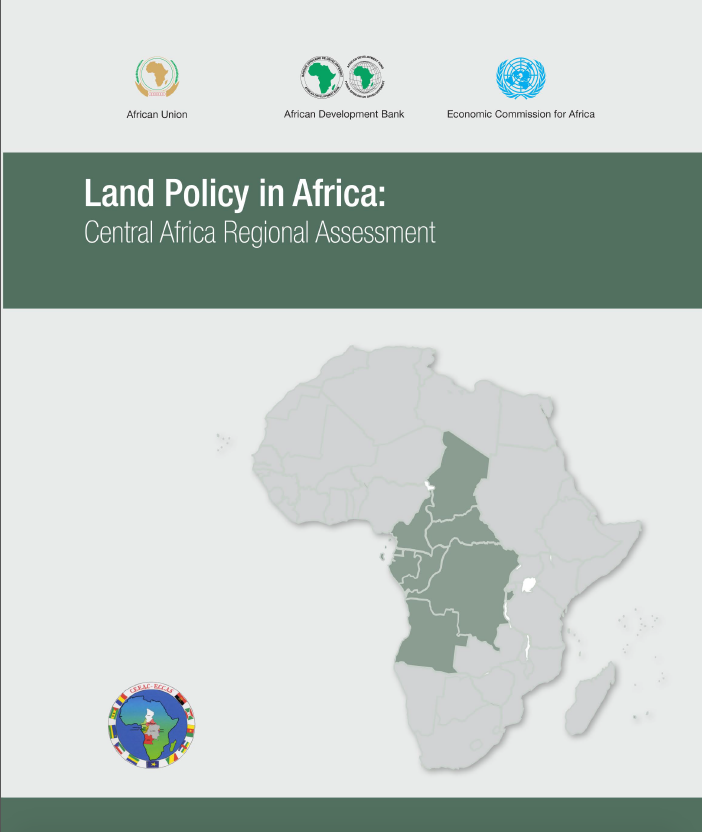The National Transition Council drafter and adopted the interim constitution and the Head of State of the Transition promulgated it.
To ensure a food-secure future, farming must become climate resilient. Around the world, governments and communities are adopting innovations that are improving the lives of millions while reducing agriculture’s climate footprint. These successful examples show the many ways climate-smart…
The paper analyzes land use changes, notably cropland expansion, in SE-Niger from the mid-1980s to 2011. It scrutinizes land use trajectories and investigates how cultivation shifts between dune landscapes and valleys (bas-fonds) in response to climate, population pressure, and sociocultural…
"Advocates of reforms in land rights and land markets frequently posit two important hypotheses: (1) African countries must grant land titles to farmers because titles increase land tenure security and facilitate access to input, land, and financial markets; and (2) land markets constitute…
This study explores the impact of changes in land tenure institutions on women's land rights and the efficiency of tree resource management in Western Ghana. We find that customary land tenure institutions have evolved toward individualized systems to provide incentives to invest in tree…
Time series of vegetation indices (VI) derived from satellite imagery provide a consistent monitoring system for terrestrial plant productivity. They enable detection and quantification of gradual changes within the time frame covered, which are of crucial importance in global change studies,…
This issue of Nature & Faune aims at highlighting the complexity of the interface between forest and agriculture in Africa. It strives to unfold the realities of managing the physical and economic zones where forests meet farms in Africa.
The VGGT represent the first inter-governmental consensus on the principles and accepted standards for the responsible governance of tenure for governments, international organisations, communities, and the private sector. Their aim is to promote secure tenure rights and equitable access to land…
he guidelines are the first comprehensive, global instrument on tenure and its administration to be prepared through intergovernmental negotiations.
The guidelines set out principles and internationally accepted standards of responsible practices for the use and control of land,…
The guidelines are the first comprehensive, global instrument on tenure and its administration to be prepared through intergovernmental negotiations.
The guidelines set out principles and internationally accepted standards of responsible practices for the use and control of land…
The Central African region includes Angola, Burundi, Cameroon, Central African Republic, Chad, Congo, Democratic Republic of Congo, Equatorial Guinea, Gabon, Sao Tome & Principe. The region is characterized by its high diversity, as it reflects all types of ecosystems of the continent.…








